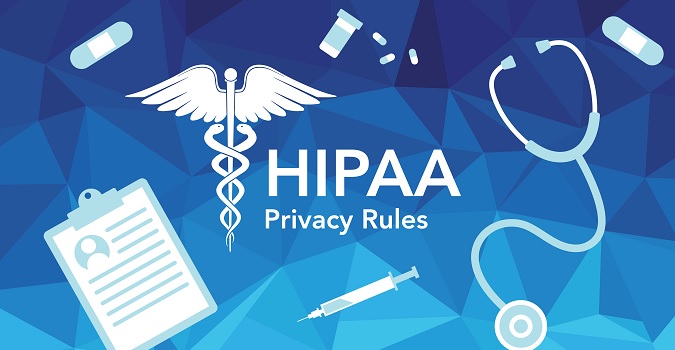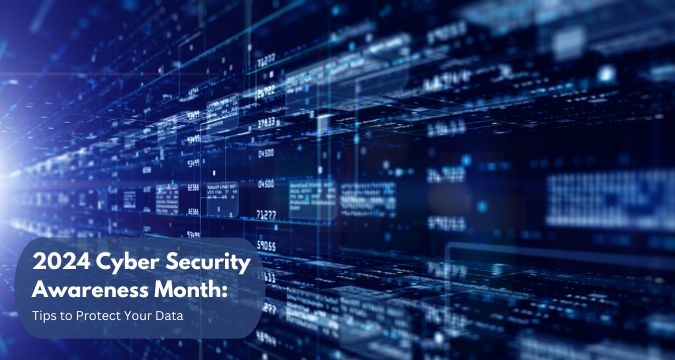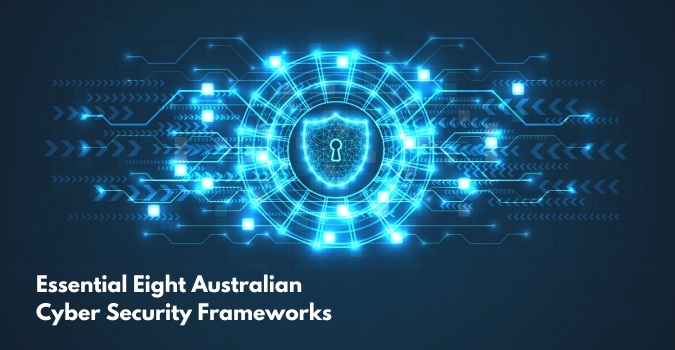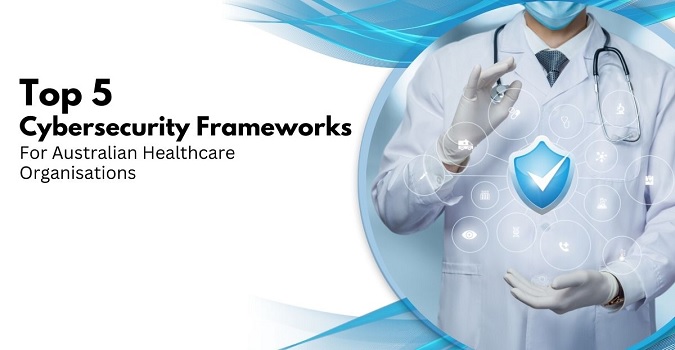October marks the celebration of Cyber Security Awareness Month (NCSAM), a time dedicated to promoting…

What You Need to Know About HIPAA Compliance and Data Security
In today’s digital age, data security is more important than ever before. With the increasing amount of sensitive data that is being shared and stored electronically, the risks of data breaches and cyberattacks are higher than ever. This is especially true in the healthcare industry, where patient data is subject to strict privacy regulations, such as the Health Insurance Portability and Accountability Act (HIPAA).
HIPAA Compliance
HIPAA regulations are designed to protect the privacy and security of patient’s sensitive health information. Under HIPAA, covered entities, such as healthcare providers and insurance companies, are required to implement certain safeguards to protect patient’s protected health information (PHI) from unauthorized access, use, or disclosure.
One of the most important aspects of HIPAA compliance is conducting a risk assessment. A HIPAA risk assessment is a process of identifying and analyzing potential risks and vulnerabilities to PHI, and implementing appropriate measures to mitigate those risks. This includes ensuring that electronic PHI (ePHI) is properly encrypted, backed up, and accessible only to authorized individuals.
Related Article:
How To Create A Holistic Cybersecurity Strategy For Medical Practices?
HIPAA Compliance Checklist
To ensure that your organization is HIPAA compliant, it’s important to follow a HIPAA compliance checklist. A checklist can help you identify the key areas that need to be addressed to achieve compliance, such as:
- Developing and implementing privacy and security policies and procedures
- Conducting a risk assessment and implementing appropriate safeguards
- Training employees on HIPAA regulations and best practices
- Entering into a Business Associate Agreement (BAA) with third-party vendors who have access to PHI
- Conducting periodic audits and reviews of compliance activities
Data Security
Data security is a crucial aspect of HIPAA compliance, as it helps to protect PHI from unauthorized access, use, or disclosure. One of the most effective ways to keep medical devices safe and secure patient’s data is through data encryption. Data encryption involves converting sensitive data into a code that can only be accessed with a decryption key. This helps to ensure that even if data is intercepted by hackers, it cannot be read or accessed without the key.
Another important aspect of data security is data backup. Data backup involves creating and storing copies of important data in a secure location. This ensures that if data is lost, damaged, or stolen, it can be easily recovered and restored. It’s important to regularly back up data to ensure that the most up-to-date information is available in case of an emergency.
Data Protection
Data protection is a broad term that encompasses a variety of measures designed to protect sensitive data from unauthorized access, use, or disclosure. In addition to data encryption and backup, data protection measures may include:
- Firewalls and other network security measures
- Anti-malware software to protect against viruses and other threats
- Password protection and multi-factor authentication
- Access controls to ensure that only authorized individuals have access to sensitive data
Conclusion
HIPAA compliance and data security are critical for protecting sensitive health information in today’s digital age. By following a HIPAA compliance checklist, conducting a risk assessment, and implementing appropriate safeguards, healthcare organizations can ensure that they are protecting patients’ privacy and security. By using data encryption, backup, and other data protection measures, healthcare organizations can also ensure that sensitive data is protected from unauthorized access, use, or disclosure.
Also Read:



